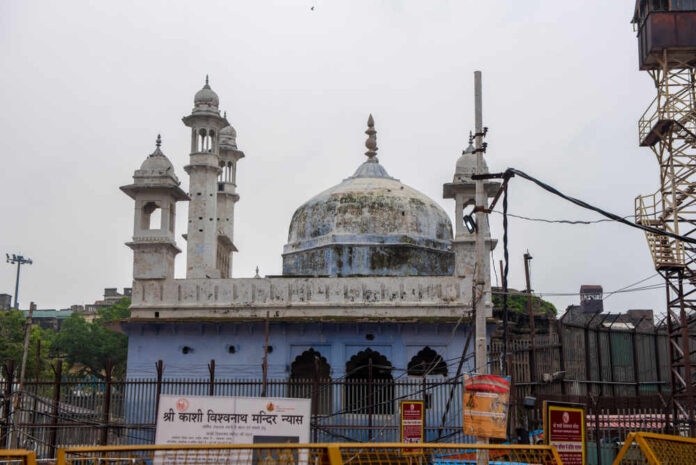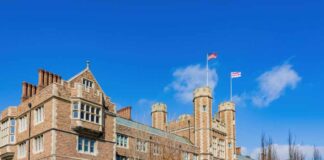
An Indian court recently ruled that officials can conduct a scientific survey to determine whether a 17th-century mosque in the northern part of the country was built over a Hindu temple.
“The Gyanvapi mosque in the holy city of Varanasi, an area Prime Minister Narendra Modi represents in India’s parliament, is one of several mosques in northern Uttar Pradesh state that some Hindus believe was built on top of demolished Hindu temples,” according to Newsmax.
The controversy surrounding land ownership has been one of India’s most debated issues between the country’s 80% majority Hindu community and Muslim minority, which account for nearly 14% of the country’s 1.4 billion population.
Vishnu Shankar Jain, an attorney representing the Hindu petitioners, recently said the High Court in the state permitted the state-run Archaeological Survey of India to survey the structure without damaging it.
“Scientific survey is necessary in the interest of justice,” Live Law, an online portal for Indian legal news, cited Chief Justice Pritinker Diwaker as saying.
The Muslim petitioners objected to the survey, arguing it would damage the structure.
“We are hopeful that justice will be done as the mosque is 600 years old and Muslims have been praying there for long,” Khalid Rasheed, a Muslim petitioner, told reporters.
The Indian Archaeological study began in July 2023, but the project was put on standby by the country’s Supreme Court to allow time for an appeal.
Five Hindu women, before the court’s decision, sought permission from a court to perform Hindu rituals in a part of the mosque. They said a Hindu temple once stood on the site.
Controversy surrounded a structure that Hindu petitioners claimed was a “shivling,” which is a symbol of the Hindu Lord Shiva.
The Anjuman Intezamia Masjid Committee, which controls the Gyanvapi mosque, claims that the survey contradicts a 1991 Indian law protecting places of worship.
The law states that all places of worship, except Ram Janmabhoomi-Babri Masjid in Ayodhya, shall remain as was on Aug. 15, 1947, and that it’s illegal for such sites to be modified in any way.
India: Muslim Owned Shops Torched, Mosques Vandalized By Hindu Extremists In Haryana. #india #IndianMuslimsUnderAttack pic.twitter.com/ldx9OiFe1J
— Muslim Network TV (@MuslimNetworkTV) August 3, 2023
A 16th-century Babri Masjid mosque was destroyed by Hindu radicals in December 1992, prompting a violent outbreak that led to the deaths of over 2,000 people.

















